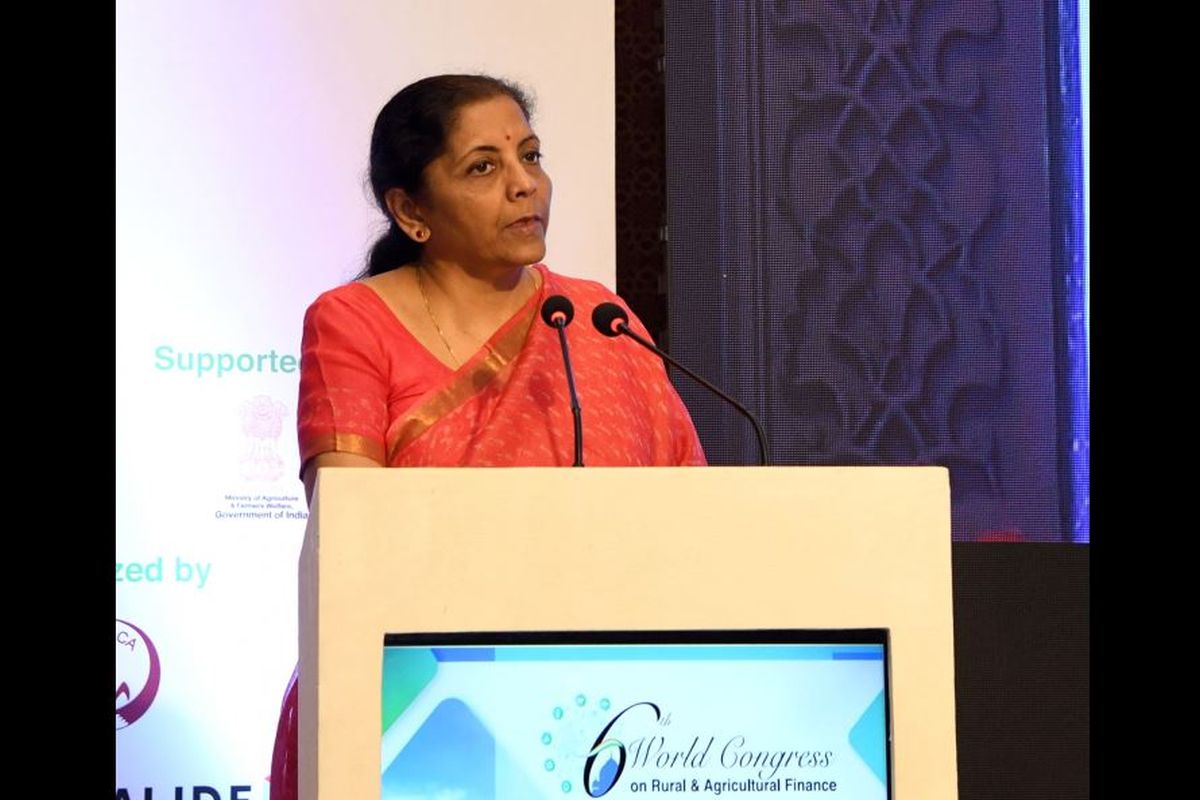Countering the allegations that the BJP is anti-Muslim after the introduction of the Citizenship (Amendment) Act, Finance Minister Nirmala Sitharaman on Sunday said 566 Muslims from Pakistan, Bangladesh, and Afghanistan were given citizenship till 2014.
She further said it was during the Modi government that 391 Afghanistani Muslims and 1,595 Pakistani migrants were given citizenship from 2016 to 2018.
Advertisement
“In the last 6 years, 2,838 Pakistani, 914 Afganistani, and 172 Bangladeshi refugees were given Indian citizenship, which includes Muslims too. From 1964 to 2008 over 4,00,000 Sri Lankan Tamils were given citizenship,” said Sitharaman.
She further said it was in the Modi government that the Pakistani actor Adnan Sami and Bangladeshi activist Taslima Nasrin got Indian citizenship.
Nirmala Sitharaman was in Chennai to participate in an event organised by the Chennai Citizens’ Forum and New India Forum on CAA. While speaking at the event, she also said the CAA is for conferring citizenship and not for its withdrawal.
Sitharaman’s mentioning of Adnan Sami in her remarks is worth highlighting as earlier a small tussle broke out between actor Raza Murad and Sami.
While speaking to India Today, Raza Murad attacked the government on contentious CAA by saying, “Did you give citizenship to Adnan Sami or not? Is he a Muslim or not? He is a Muslim. He was a resident of Pakistan. His father was in the Pakistan Air Force. I have no objection to Adnan Sami’s citizenship. I only object that you are keeping only one community apart and you are showing that they are different. The government should give citizenship to anyone irrespective of religion.”
Attacking Murad for comments on his citizenship, Adnan Sami took to Twitter and said, “I thought that this guy was a villain & talked crap only in Movies.”
Expressing grief over the Bangladeshi refugees, she said there are refugees from East Pakistan who came around 50-60 years ago and are living in a poor condition across different camps in the country.
She also said the same situation is with the Sri Lanka refugees who continue to live in camps.
Sitharam also warned the states who showed an unwillingness to implement the Act and said the state governments cannot say that the law will not be implemented and the resolutions passed in the state assemblies will not have any impact and is illegal.
Earlier, Kerala had moved the Supreme Court against the CAA and declared it unconstitutional.
Read: Kerala challenges CAA in SC, seeks to declare it unconstitutional; first state to do so
The plea of the Kerala Government said, “Act violates Article 14, 21 and 25 of the Constitution of India, as well as is against the basic principle of secularism.”











